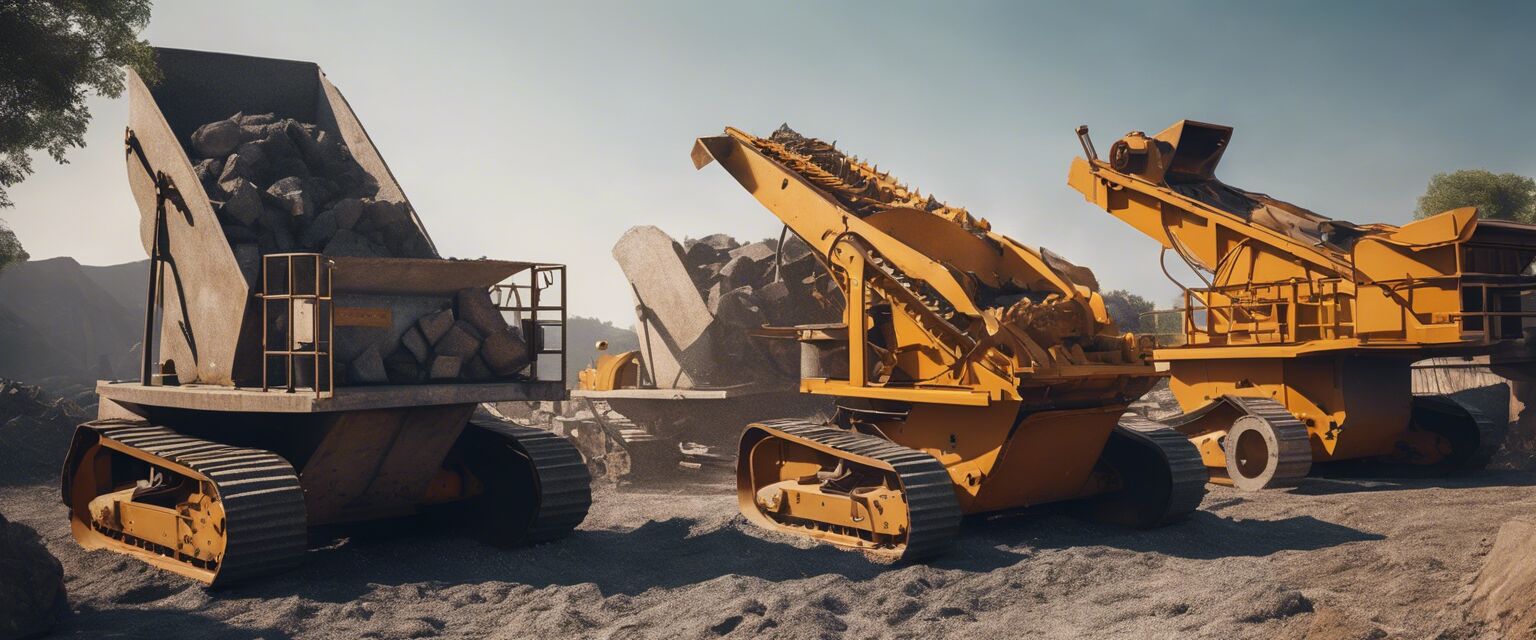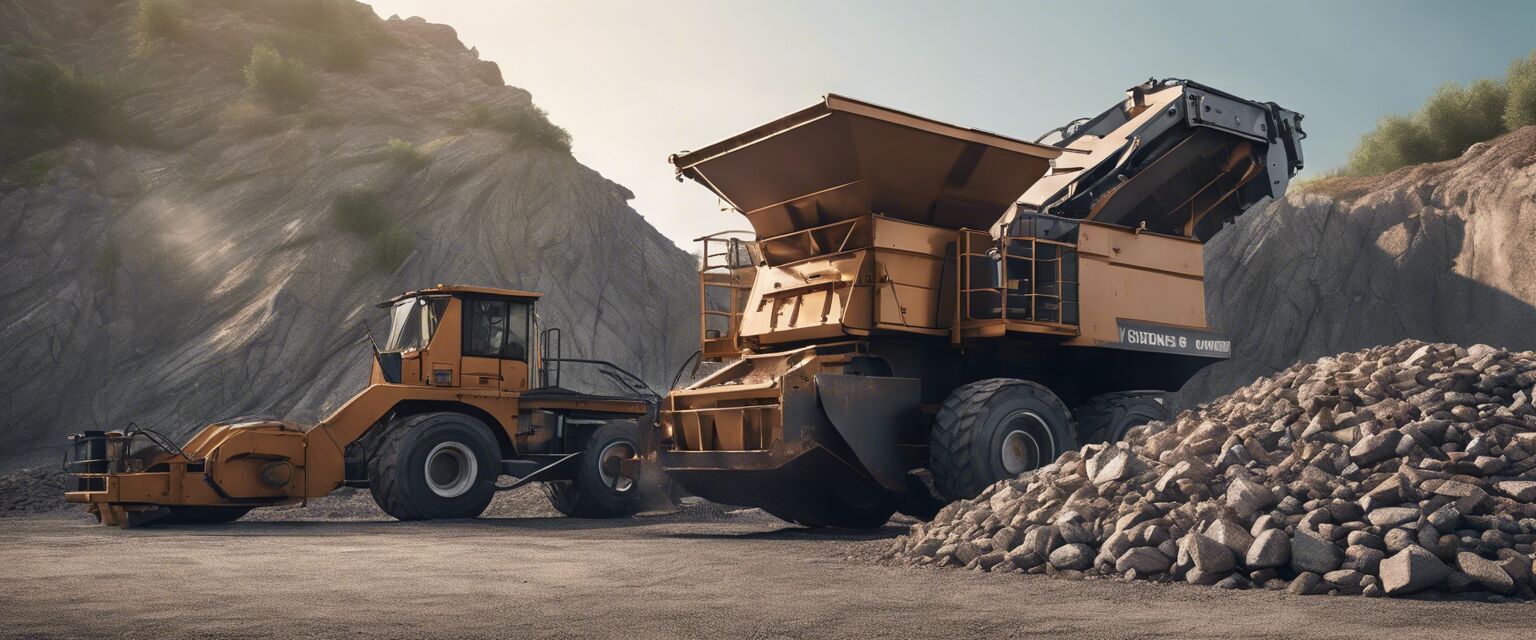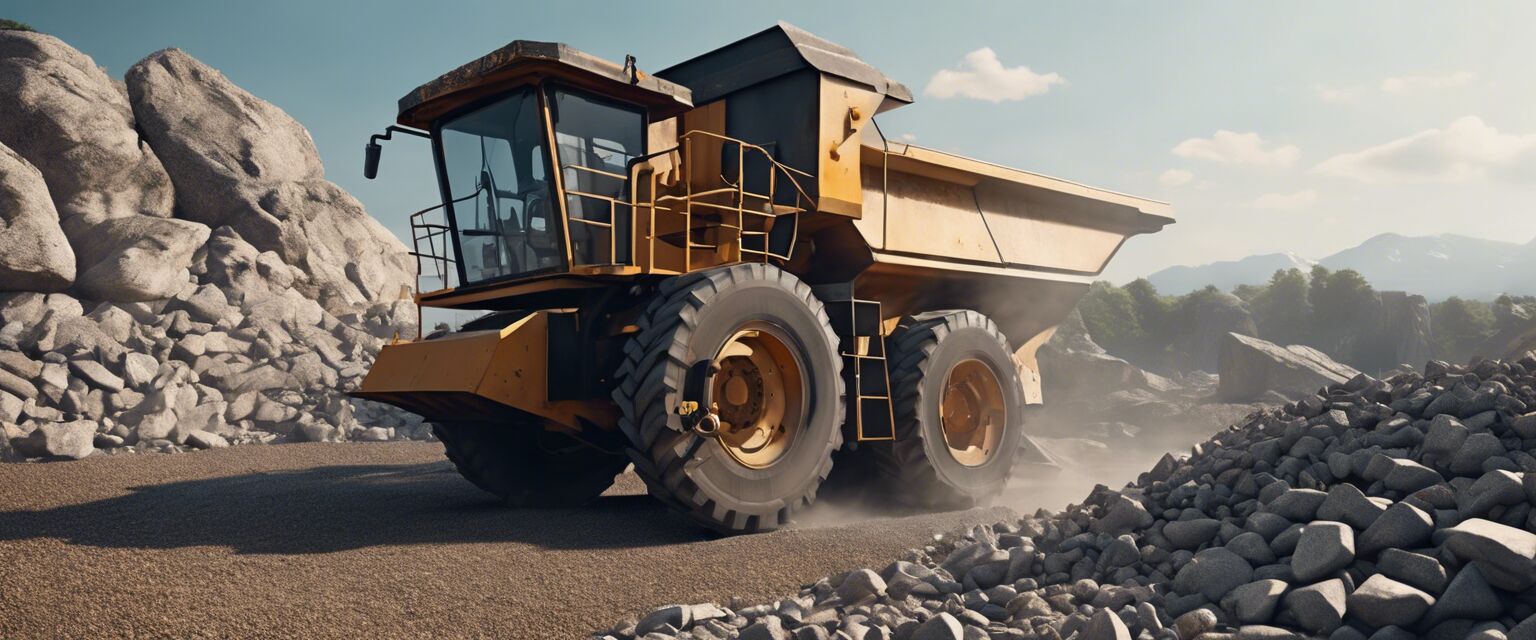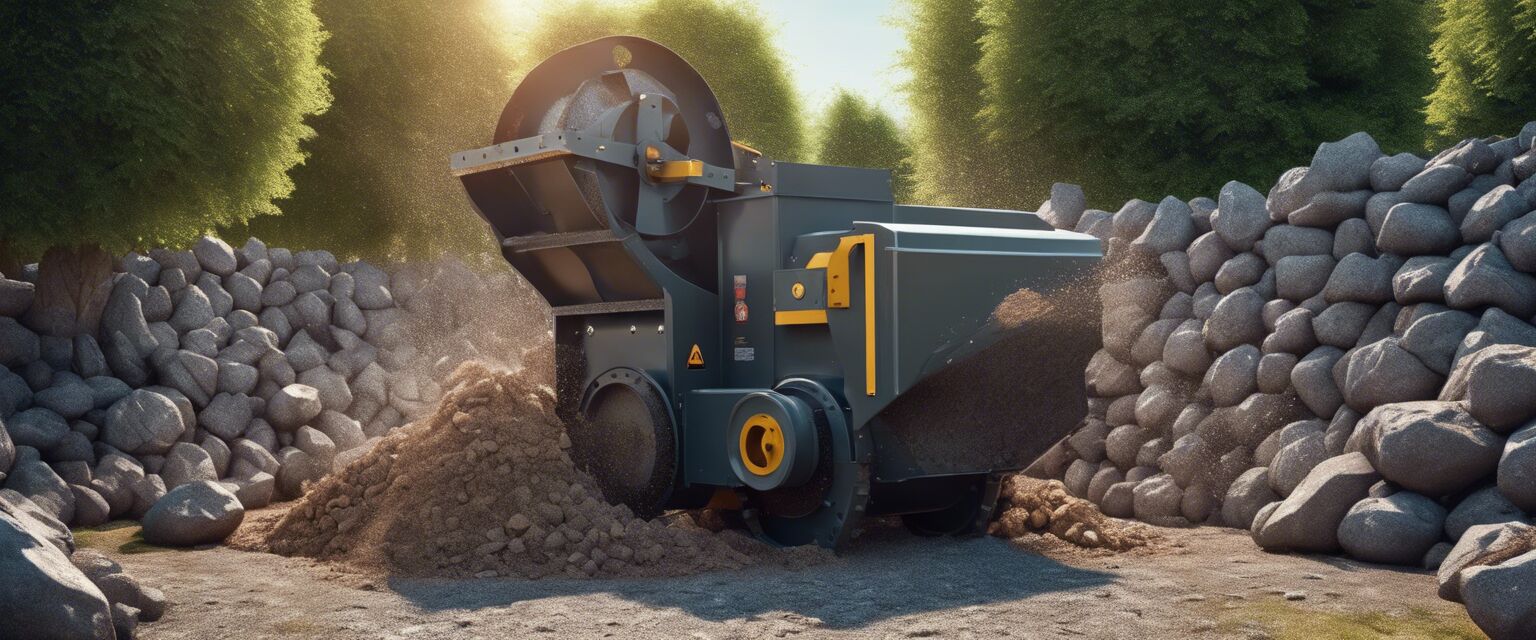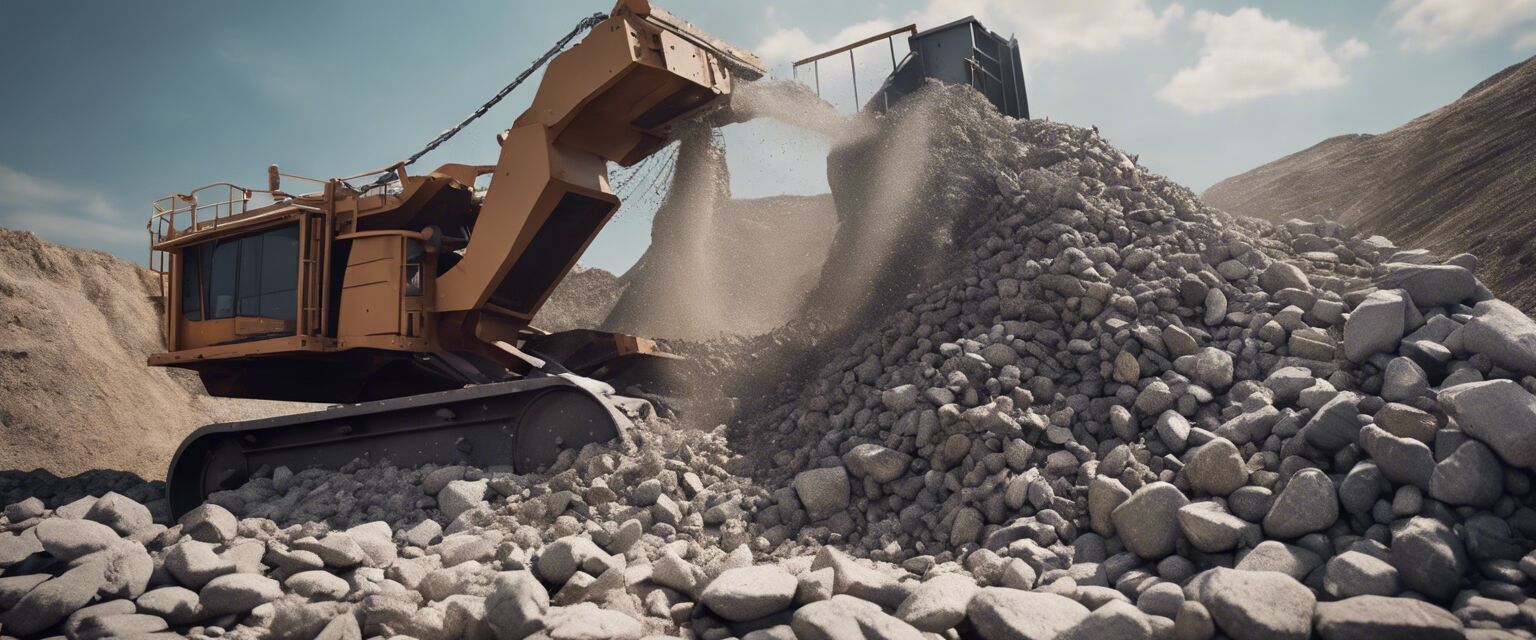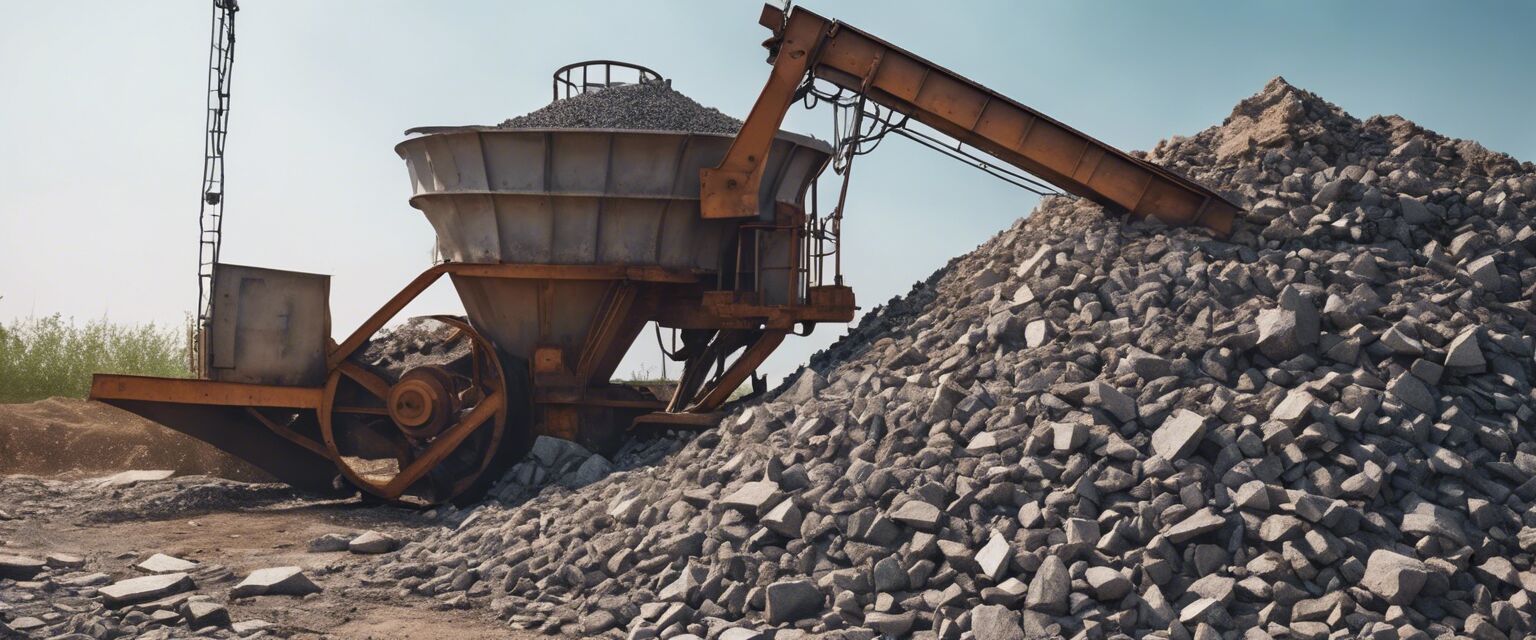
Professional Stone Crushing Equipment
Key Takeaways
- Understanding different types of stone crushing equipment is essential for effective landscaping.
- Choosing the right machine can enhance efficiency and reduce operational costs.
- Regular maintenance is crucial for longevity and performance.
When it comes to professional landscaping, having the right tools can make all the difference. Stone crushing machines are essential for breaking down large rocks and stones into manageable sizes for various landscaping projects. In this article, weâll explore the different types of stone crushing equipment, their features, and how to choose the right one for your needs.
Types of Stone Crushing Equipment
There are several types of stone crushing machines available, each designed for specific tasks. Below is a comparison of the most common types:
| Type | Description | Best For |
|---|---|---|
| Cone Crushers | Utilizes a rotating cone to crush material against a stationary outer wall. | Hard rock and ores. |
| Impact Crushers | Uses high-speed impact to break down materials. | Soft to medium-hard rocks. |
| Jaw Crushers | Employs a pair of jaws to crush rocks by compression. | Primary crushing and recycling materials. |
| Mobile Crushers | Portable machines that can be moved easily to different locations. | Diverse job sites and locations. |
| Portable Crushing Plants | Compact setups that can be transported easily for on-site processing. | Remote job sites with limited access. |
Pros and Cons of Professional Stone Crushing Equipment
Pros
- Increases efficiency in landscaping projects.
- Reduces manual labor and time required for crushing.
- Versatile machines can handle various types of materials.
Cons
- High initial investment cost.
- Requires maintenance and regular servicing.
- Can be noisy and produce vibrations during operation.
Choosing the Right Stone Crushing Machine
When selecting a stone crushing machine, consider the following factors:
- Material Type: Different machines handle different material hardness. Choose one that suits your material.
- Production Capacity: Assess the volume of material you need to process.
- Mobility: If you work at various sites, consider a mobile or portable option.
- Budget: Factor in the total cost of ownership, including maintenance and operational costs.
Maintenance Tips for Stone Crushing Equipment
Regular maintenance is vital for the longevity of your stone crushing equipment. Here are some tips:
- Perform routine inspections for wear and tear.
- Keep the machine clean and free of debris.
- Lubricate moving parts as per the manufacturerâs guidelines.
- Replace worn-out parts immediately to avoid further damage.
- Follow the operational guidelines to minimize unnecessary strain on the machine.
Common Applications of Stone Crushing Equipment
Stone crushing machines are used in various landscaping projects, including:
- Road Construction: Preparing aggregate for asphalt and concrete.
- Landscaping: Creating decorative stone products.
- Mining: Extracting ores and minerals from the earth.
- Recycling: Processing waste materials for reuse.
Image Gallery of Stone Crushing Machines
Below are some images showcasing various types of stone crushing equipment:
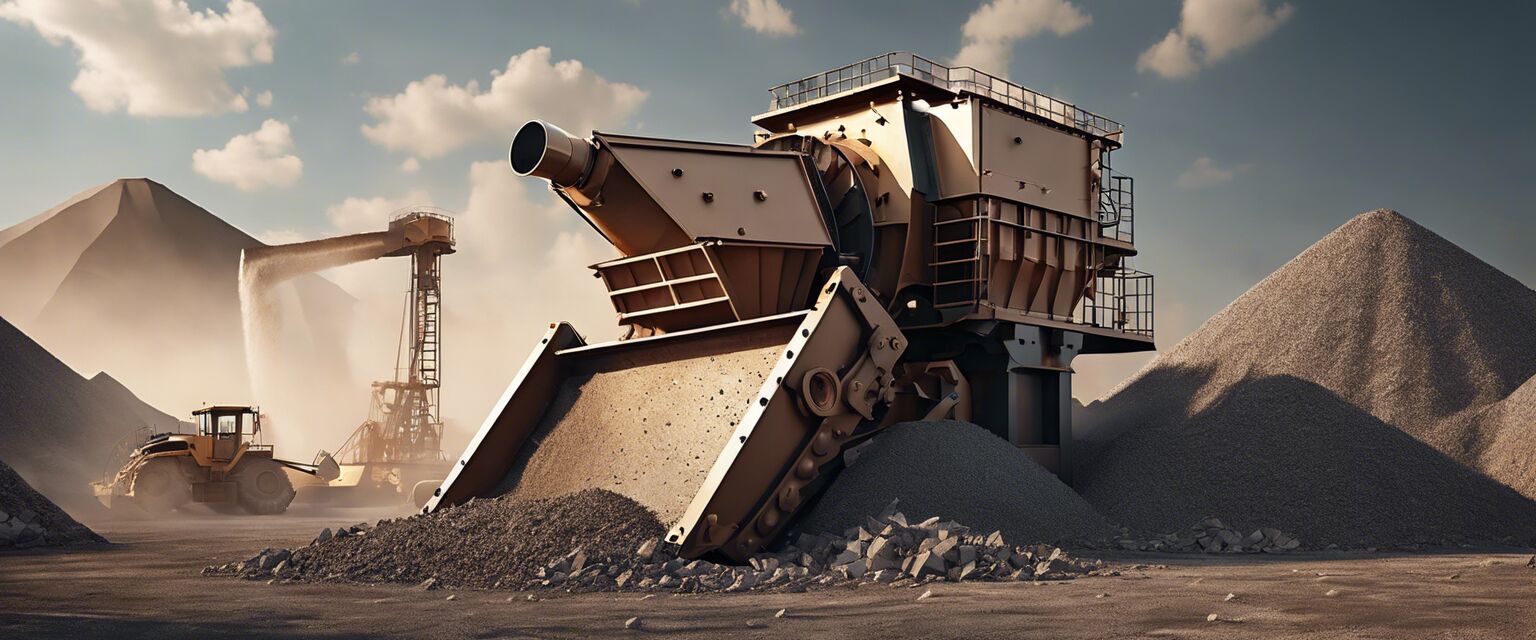
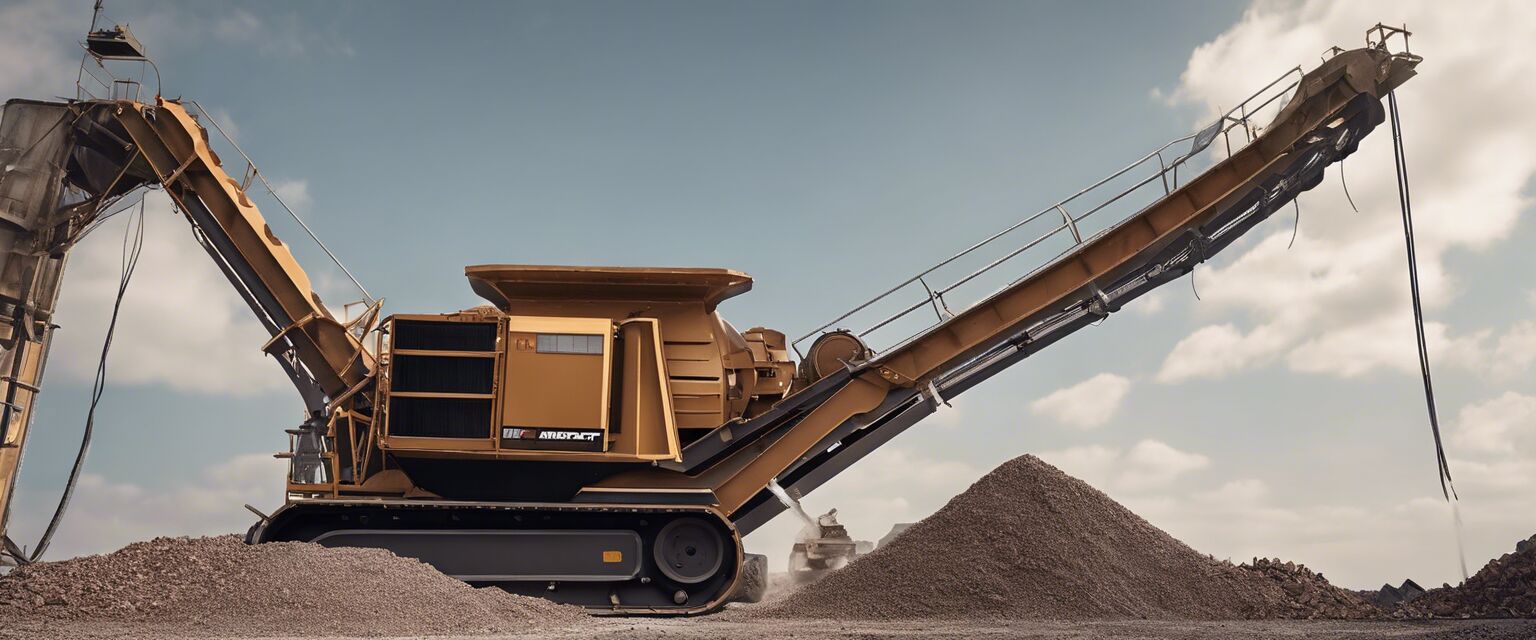
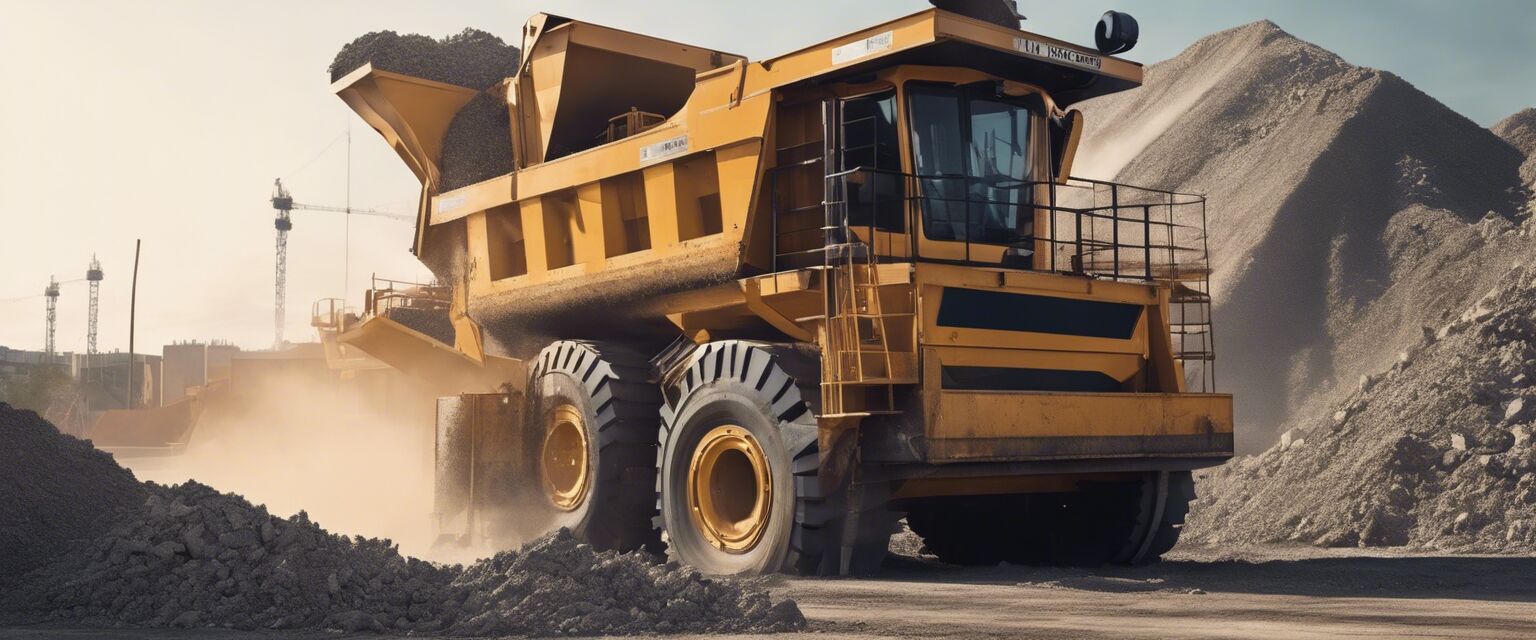
Resources for Further Reading
If you want to dive deeper into specific types of stone crushing machines, check out our detailed guides:
Conclusion
Investing in professional stone crushing equipment can significantly enhance your landscaping operations. By understanding the different types of machines, their applications, and maintenance tips, you can choose the right equipment to meet your needs. Whether you are a professional landscaper or a DIY enthusiast, having the right tools is crucial for your success.
